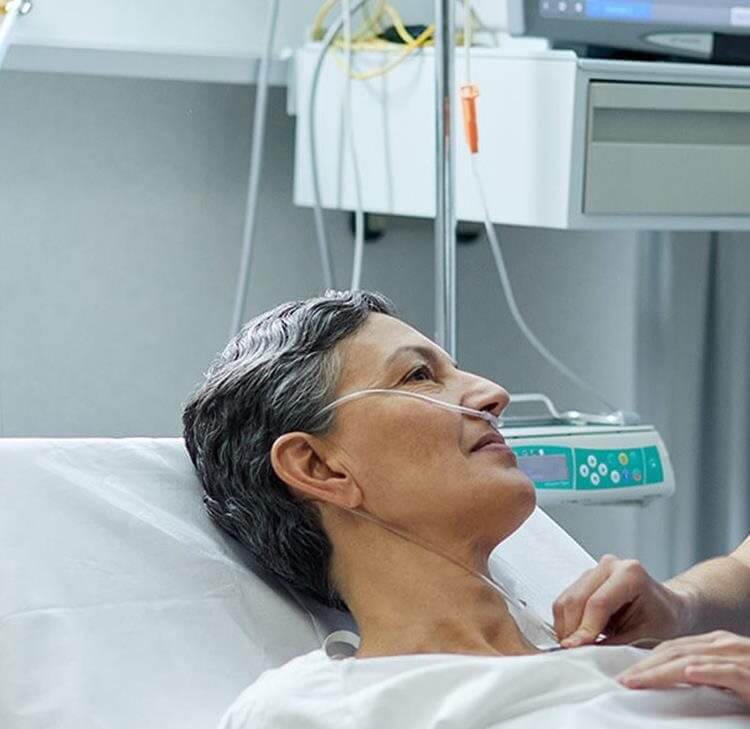The Medical Practitioners Assurance Framework: key changes for private providers
The publication of the Medical Practitioners Assurance Framework (“the MPAF”), introduces a strengthened clinical governance framework and a more standardised approach to practising privileges.
The publication of the Medical Practitioners Assurance Framework (“the MPAF”), introduces a strengthened clinical governance framework and a more standardised approach to practising privileges. It also emphasises the need for open, proactive and two-way information sharing between private providers and their NHS colleagues, through the Responsible Officer system. The report states that a secure system to enable this sharing is being developed by IHPN and is members.
The MPAF was commissioned by IHPN and developed by an expert advisory group of key stakeholders, chaired by Sir Bruce Keogh. The MPAF is designed, in part, to address some of the issues identified following the events involving Ian Paterson. However, the need for greater clarity around issues including: scope of practice; information sharing between the private sector and the NHS; peer review and support mechanisms reflects our experience in advising both private provider and NHS clients on these issues.
Introducing the framework to delegates at the IHPN conference on 23 October Sir Bruce Keogh emphasised that the framework has been developed through consensus between independent healthcare sector providers and needs to be implemented by every independent sector organisation. He went onto say that the Framework is a response to “a need to have consistency in clinical governance across the sector”.
The MPAF is underpinned by the ‘three lines of defence’: frontline professionals; boards and senior leaders; regulators and other external bodies. It is “based on the precautionary principle that problems and failings will be prevented or detected early through effective governance systems underpinned by the right professional and personal behaviour” but, as noted in Sir Bruce Keogh’s report, it describes “expected practice”, rather than “best practice”. There will be some providers who can easily demonstrate compliance with much of the MPAF and for others, a more comprehensive review and update of processes and governance will be required.
The key requirements of the MPAF are as follows:
- Clinical governance leads at executive and non-executive level (a ‘board-to-ward’ approach);
- A standard approach to application for practising privileges (or employment) across the sector (Sir Bruce recognised that a recommendation that practising privileges should be replaced by employment would not be practicable). The report includes a standard dataset which should be the basis for all such applications (see Appendix 2 of the report);
- A standard approach to how practising privileges are reviewed and the frequency at which this occurs;
- A standard approach to the introduction of new procedures and innovative techniques;
- Robust processes to ensure that the recruitment and oversight of medical practitioners are subject to regular and appropriate review in line with legislative changes and recommended practice;
- Clarity on how the Medical Advisory Committee (“MAC”) where it exists (or other equivalent structure) fits into the overall clinical governance structure (Appendix 3 of the report sets out specific issues to consider around the role of MACs);
- A standard system of oversight/monitoring and assurance – including supporting whole practice appraisal and quality improvement activities;
- A standard system for identifying and acting on concerns about any medical practitioner;
- A clear understanding of the responsibilities of individual medical practitioners. The report notes the importance of mechanisms such as multi-disciplinary teams (MDT) and other similar peer-review and support functions in assisting practitioners meet their professional obligations. Sir Bruce’s comments about the need to ensure that MDTs are appropriately formalised, including ensuring clarity around how clinical data is shared, reflects our experience of MDTs and some of the issues that can arise where such arrangements are informally governed. The need for a joined-up approach to MDTs across private and NHS providers is also emphasised and is consistent with the wider policy objective of promoting and enabling integrated care.
Overall, our view is that the MPAF provides welcome clarity on what expected practice is and is an excellent opportunity to review the systems and processes your organisation has in place, to consider whether any changes are required.
The CQC1 have committed to including the MPAF within the ‘Well-Led’ for relevant providers, emphasising the importance of ensuring that it is carefully considered and implemented. IHPN is currently in discussion with the CQC as to what evidence providers can supply to demonstrate compliance and hope to be involved in training and support for inspectors implementing the MPAF. There will be a review in February to take account of feedback and annually after that. This also reflects the need for patient safety and clinical quality to be part of continuous improvement in the sector.
If you would like to discuss the MPAF and its implications for your organisation we would be delighted to speak with you - contact us.
Our experienced healthcare regulatory, governance and employment team has extensive experience of advising Responsible Officers and healthcare organisations on processes for handling complex clinical governance issues and the structures and policies required to support a good clinical governance system.
Commenting on the Framework our Head of Employment Healthcare, Jacqui Atkinson said:
“The Framework is a much needed part of the toolkit for Responsible Officers and independent healthcare organisations. The Framework also acknowledges the important part that Raising and Responding to Concerns plays in clinical governance systems. For this reason in implementing the Framework I would recommend that organisations remind staff about the policies and processes in place for raising concerns and that they will be protected when they ‘call out’ what they honestly believe to be poor or unsafe clinical practice.
The NHS has recently received guidance from the National Guardians Office on the need for better training and understanding in relation to raising concerns. We are working with organisations on how to provide effective training from board to ward to drive home the safety message and to explain the protection which the law provides to those who raise concerns.”
1Both the CQC and the GMC were on the expert stakeholder panel who were involved in developing the MPAF.
Contact

Jacqui Atkinson
Head of Employment Healthcare
jacqui.atkinson@brownejacobson.com
+44 (0)330 045 2547

Clare Auty
Partner
clare.auty@brownejacobson.com
+44 (0)121 237 3943






![Contractual liability for all inclusive treatment: Bartolomucci v Circle Health Group Limited [2025]](/getattachment/95f9533b-f99c-4fcc-b8d5-3f93904b8242/shutterstock_1265400856.jpg?variant=HeroImageTabletVariantDefinition)

































